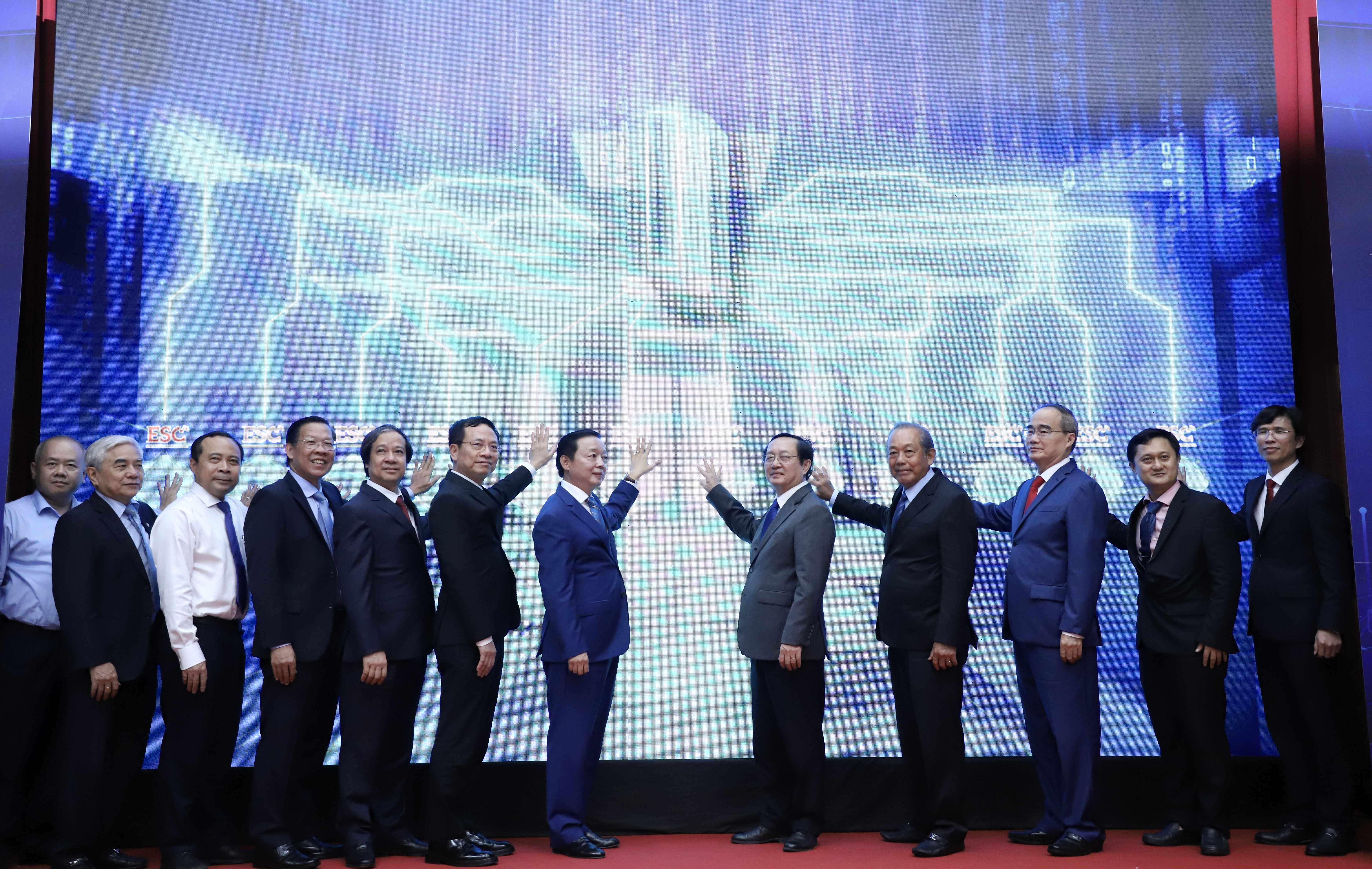
On the afternoon of September 6, the launching ceremony of the Electronic and Semiconductor Training Center (ESC) was held at the Ho Chi Minh City High-Tech Park. Attending the launching ceremony were Deputy Prime Minister Tran Hong Ha, Minister of Science and Technology Huynh Thanh Dat, Minister of Information and Communications Nguyen Manh Hung, Minister of Education and Training Nguyen Kim Son, Chairman of the Ho Chi Minh City People's Committee Phan Van Mai and representatives of central and local ministries, departments and agencies.
The Electronic and Semiconductor Training Center (ESC) was merged from the High-Tech Park Microcircuit Design Training Center (SCDC) and the International Electronics Training Center (IETC), forming a complete training ecosystem in the High-Tech Park, directly contributing to improving the quality of human resources for two priority development stages of Vietnam: microcircuit design and microcircuit application. This merger aims to strengthen the positioning goal: Vietnam is the center of semiconductor microcircuit design in the region and the world .
The High-Tech Park Microcircuit Design Training Center (SCDC) was established on August 26, 2022, as a result of cooperation between Synopsys (USA) and the Management Board of Ho Chi Minh City High-Tech Park. The International Electronics Training Center (IETC) officially operated from March 25, 2023 on the basis of cooperation between the High-Tech Park Training Center and Sun Electronics Corporation.
At the launching event, Mr. Nguyen Anh Thi, Head of the Management Board of Ho Chi Minh City High-Tech Park, pointed out the orientation and development strategy of the semiconductor industry for Vietnam in the coming time.
According to him, practical experience in industrialization of countries shows that no country has successfully industrialized without developing a strong electronics industry and no country has developed a semiconductor industry without possessing a strong electronics industry.
The two industries of electronics and semiconductors have an organic relationship with each other. The development of the electronics industry must go hand in hand and be one step ahead to capture the market.
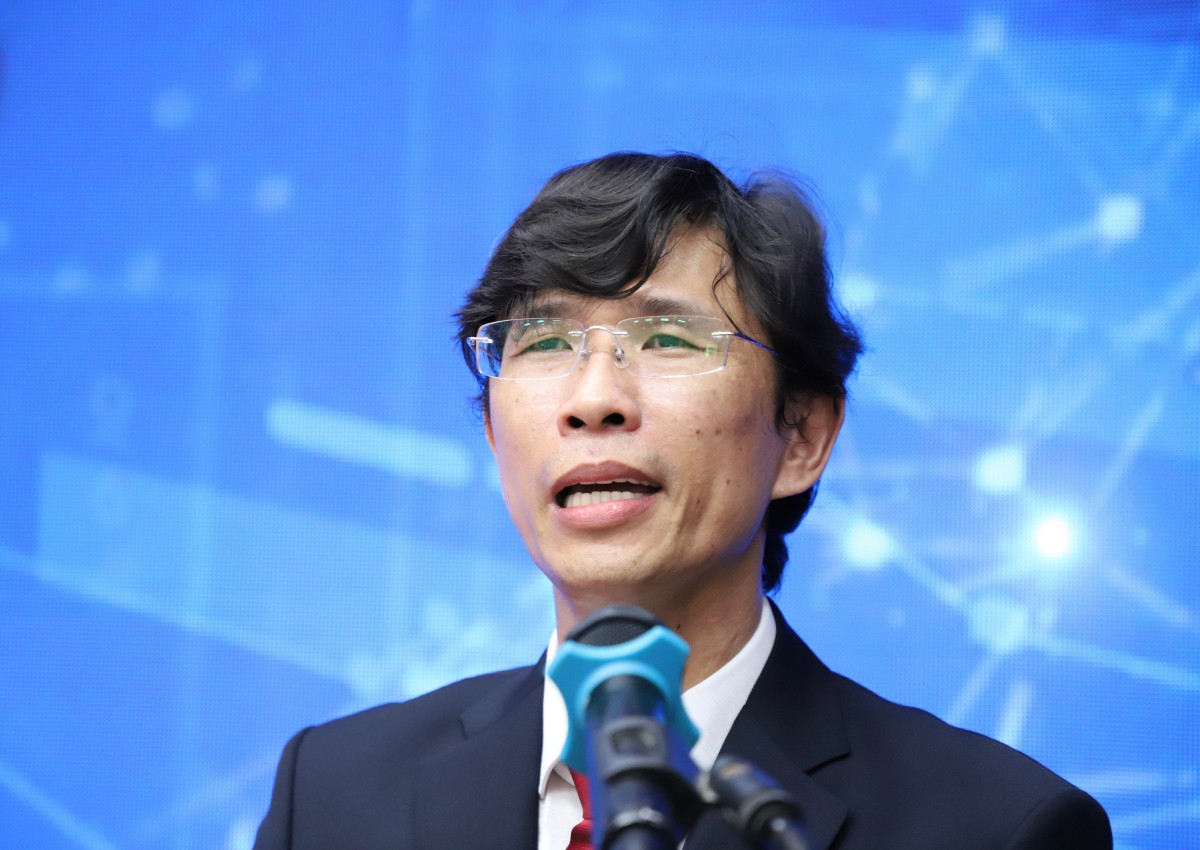
According to Mr. Nguyen Anh Thi, the purpose and focus of developing Vietnam's electronics and semiconductor industries in the coming period is to develop a strong domestic enterprise system; attracting foreign direct investment (FDI) must be intentional and selective to serve the goal of developing domestic enterprises.
To move quickly and catch up with other countries in these industries, Vietnam needs a breakthrough approach, going straight to the design stage, including product design and microchip design.
To implement this approach, highly qualified human resources play a key and decisive role, and Vietnam needs to have a comprehensive strategy to develop domestic human resources, and at the same time have policies to attract Vietnamese experts and scientists in developed countries, especially in Silicon Valley, to quickly absorb, transfer technology, train and develop domestic human resources.
Sharing about the current development of the semiconductor industry in Vietnam, Mr. Trinh Thanh Lam, Sales Director of Synopsys South Asia, said that Vietnam is currently doing well in the field of chip design and has an abundant human resource to train and develop this industry. Therefore, many strong chip companies in the US, Germany, Japan, Korea or Taiwan (China) have invested in Vietnam.
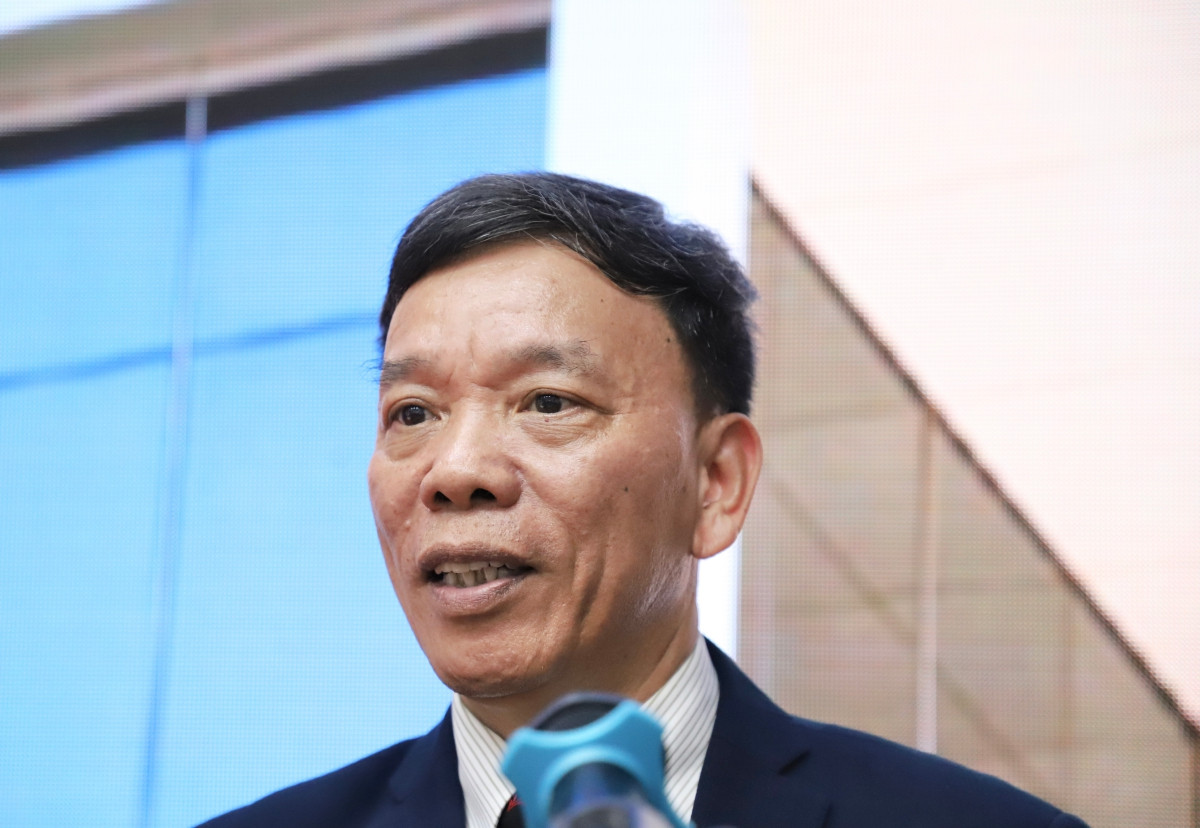
Synopsys has launched training support programs for chip design in Vietnam, such as providing copyrighted tools, organizing advanced courses, etc.
Notably, Mr. Trinh Thanh Lam said that with the above support, Vietnam has had its first successful chip design team, Viettel 5G DFE. This is the chip used to equip 5G broadcasting stations and is the result of 5 years of cooperation between Viettel and Synopsys.
A representative from Synopsys said that this is the most appropriate time for Vietnam to invest in developing chip design. However, according to him, to develop this industry, the State needs investment.
Currently, many countries in the world invest from several hundred million USD to tens and hundreds of billions of USD, but Vietnam currently does not need such large investments.
Instead, it is necessary to focus on developing human resources and the State should invest in systems to support chip testing during design by building a testing center for universities to share.
Speaking at the event, Deputy Prime Minister Tran Hong Ha congratulated the strategic cooperation and association between Ho Chi Minh City High-Tech Park and leading international corporations and enterprises in the field of semiconductor manufacturing.
In particular, he believes that a connection will create miracles, creating Make in Vietnam products, connecting the children of Vietnam to become successful worldwide in the field of electronics and semiconductor industry.
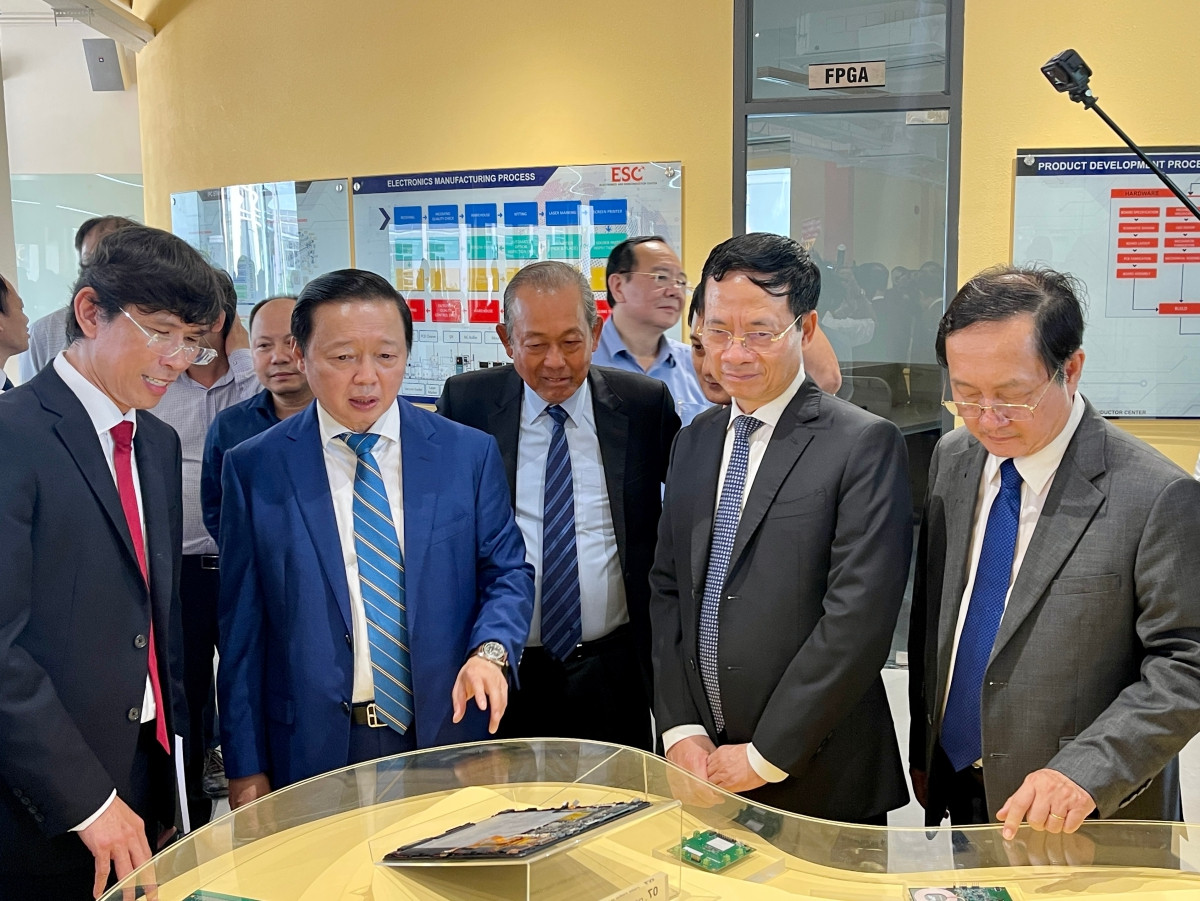
At the same time, the Deputy Prime Minister also said that the launch of the Electronics and Semiconductor Training Center (ESC) is very meaningful and an important milestone in the process of Ho Chi Minh City implementing Resolution 98 of the National Assembly.
According to Deputy Prime Minister Tran Hong Ha, there is no strong industrial country without an electronics industry, there is no strong electronics industry without building a semiconductor industry. And there will be no strong semiconductor industry without a team of intellectuals who understand it.
Looking at the investment of the countries that have gone before, Vietnam is facing difficulties. However, the Deputy Prime Minister appreciated that Vietnam has received help from large corporations and international enterprises in supporting the training of human resources for semiconductors and pointing out the path for Vietnam to develop without having to spend billions of USD.
Therefore, in the field of microchips and semiconductors, according to the Deputy Prime Minister, the most important thing is to train human resources in practice, skipping intermediate stages and going straight to the incubation stage, because to go far in this industry, one needs to have basic research and understand core technology, know how to learn, receive transfer and understand the nature.
To do this, universities must be places for basic research, places that train high-quality post-graduate human resources, and it is these human resources that will help lead the market. At the same time, Vietnam needs to change its approach, encouraging businesses and industries to participate.
Deputy Prime Minister Tran Hong Ha emphasized that the Government is committed to developing a strong electronics industry to create strong demand for the development of the semiconductor industry. In particular, Vietnam will go from product model design to manufacturing, testing, etc. From investment resources for developing science and technology, the State will not limit investment in infrastructure so that businesses and universities can train human resources with the most modern labs.
"There is nothing that the Government cannot invest in for development, because this is an investment for the future. On behalf of the Prime Minister, I pledge to do so," Deputy Prime Minister Tran Hong Ha emphasized.
Source



![[Photo] Prime Minister begins trip to attend SCO Summit 2025 in China](https://vphoto.vietnam.vn/thumb/1200x675/vietnam/resource/IMAGE/2025/8/31/054128fff4b94a42811f22b249388d4f)
![[Infographic] Traditional relations and special friendship between Vietnam and Cuba](https://vphoto.vietnam.vn/thumb/1200x675/vietnam/resource/IMAGE/2025/8/31/c4c2b14e48554227b4305c632fc740af)


![[Photo] First Secretary and President of Cuba begins State visit to Vietnam](https://vphoto.vietnam.vn/thumb/1200x675/vietnam/resource/IMAGE/2025/8/31/f169c1546ec74be7bf8ccf6801ee0c55)
![[Photo] Chairman of the National People's Congress of China Zhao Leji begins official visit to Vietnam](https://vphoto.vietnam.vn/thumb/1200x675/vietnam/resource/IMAGE/2025/8/31/fcfa5a4c54b245499a7992f9c6bf993a)
![[Photo series] Construction sites that do not take holidays in Dong Nai](https://vphoto.vietnam.vn/thumb/402x226/vietnam/resource/IMAGE/2025/8/31/a66321c83e8c4347a7a12e0e087d0558)

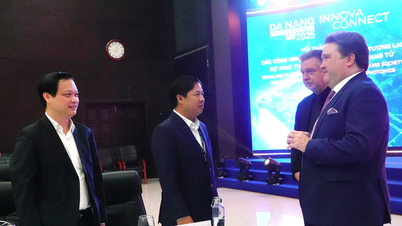

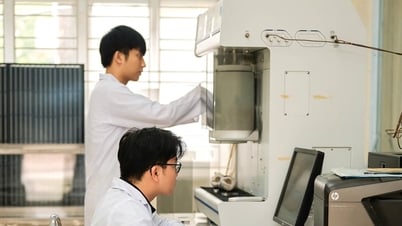










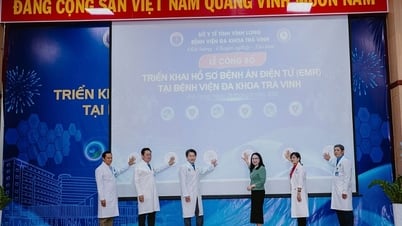



















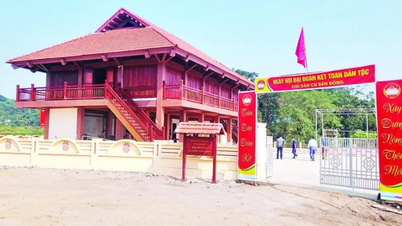
















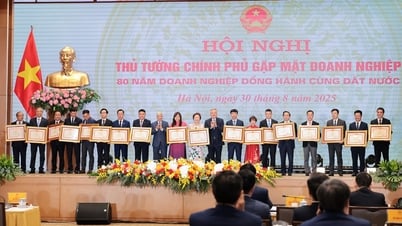

























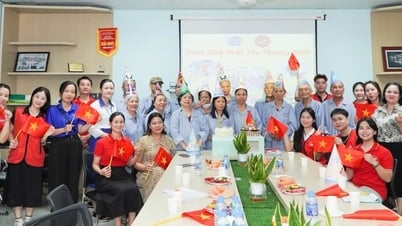






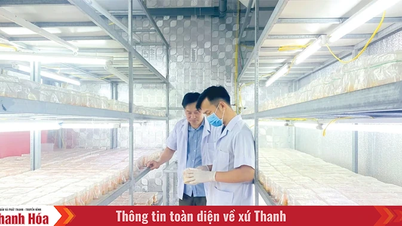







Comment (0)